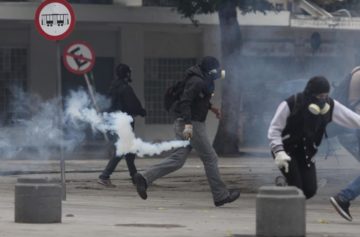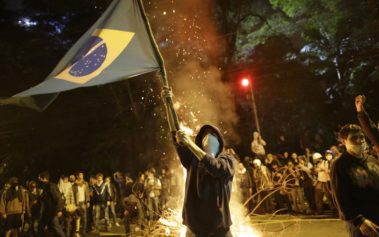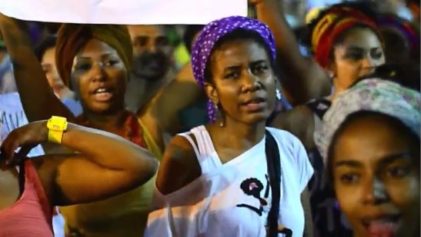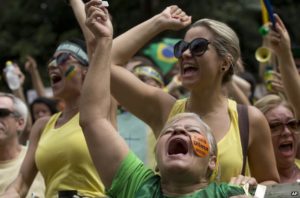
A different cause united this month’s mobilizations. Protesters could be heard chanting Cold War-era anti-communist slogans, demanding the impeachment of President Dilma Rousseff and even calling for army intervention in domestic politics. Thirty years after the end of Brazil’s military dictatorship, Rousseff and her center-left Workers’ Party (PT) face a growing challenge from the right.
Corruption is a very serious issue. But the recent protests have been conspicuously silent about political reforms — such as full public campaign financing — that could help address the problem. And although politicians from several major parties, including the opposition, are currently under investigation for corruption, the only political party mentioned during the protests was the PT. In fact, the one overriding theme of the protests was the anti-PT sentiment.
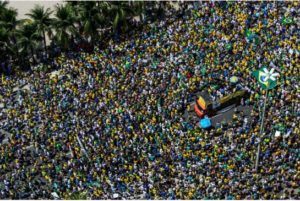
Eyewitnesses agree that the protesters were generally whiter and wealthier than the typical Brazilian. A survey of participants from Porto Alegre and São Paulo confirms this: Nearly 70 percent were college-educated (in a country where 11 percent are), and more than 40 percent were in the highest income bracket (occupied by only 3 percent of the general population). Former Finance Minister Luiz Carlos Bresser-Pereira remarked that he was witnessing, for the first time in his life, “collective hatred on the part of elites, of the rich, against a party and a president. It wasn’t worry. It was hatred.”
Read the full story at america.aljazeera.com
